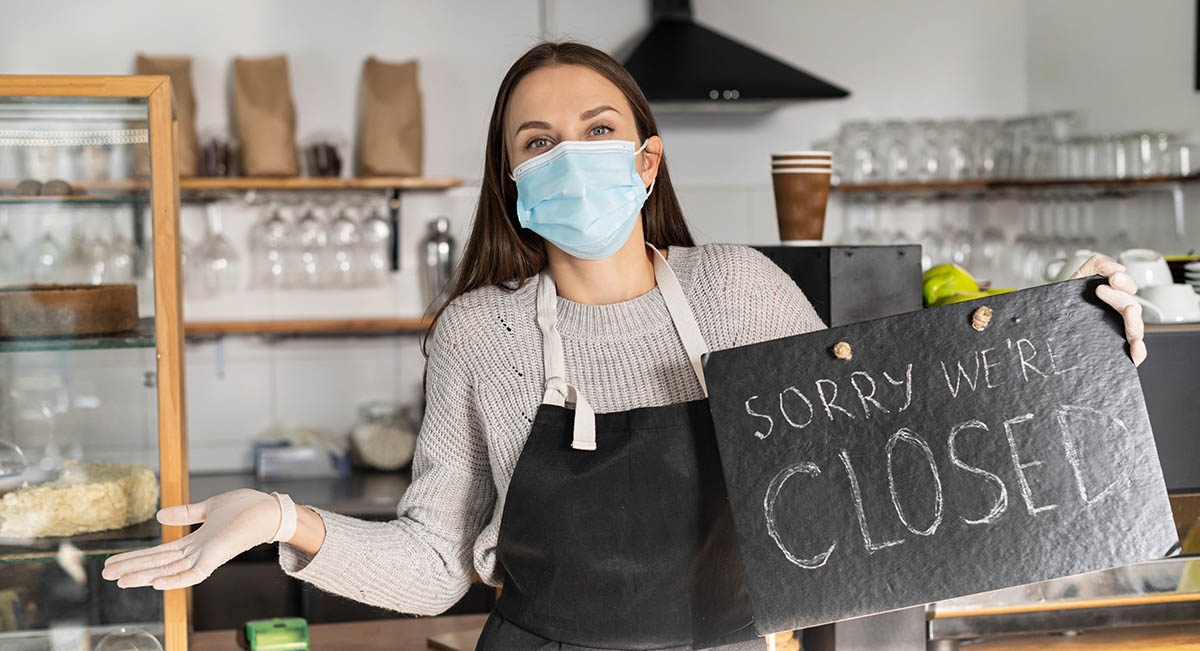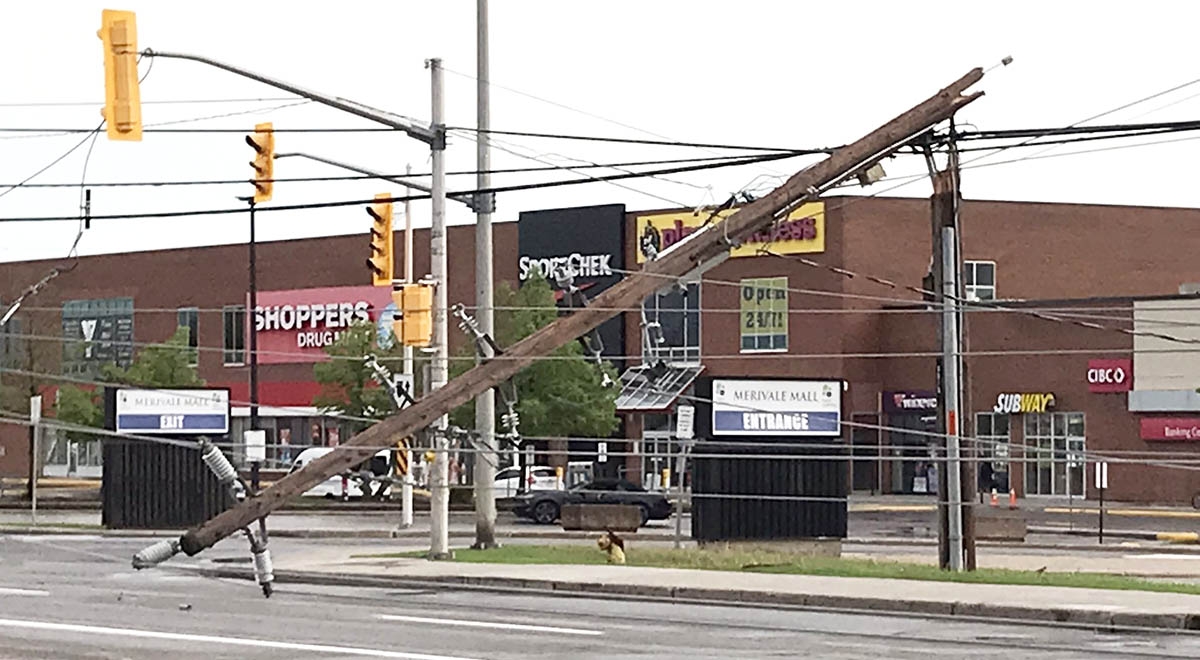
Lockdowns and the Covid class battle
When walking through the streets of Ottawa’s ByWard Market, it’s easy to see the carnage that Covid-19 has inflicted upon local business. Empty restaurants and shop windows are commonplace. Institutions like Tuckers Marketplace and The Fish Market are gone. Both symbols of the ByWard Market are now gone forever, driven out of business by an economy based on the whims of a pandemic.
The Hon. Nina Tangri, Associate Minister of Small Business and Red Tape Reduction, recently spoke at the opening of Meta’s pop-up shop in the ByWard Market. The Minister pointed out that small businesses employ two-million Ontarians.
Everybody in the province knows somebody who either works for a small business or who owns one. They are the people you call to fix your car, to order takeout from, or perhaps to get your prescription filled.
Two things have become blatantly clear since the beginning of the pandemic: There’s a massive wealth disparity—companies like Amazon with their exploitative labour and unmatchable delivery services are coming out on top—but arguably more important is the disparity that’s grown between the private and public sectors.
Nobody who runs a restaurant wants capacity limits. It means having to lay off staff and run on a thinner margin. Yet, if one looks at what nurses, and sometimes doctors, are arguing for on Twitter, you’d be shocked. Many who work in health care want harsher lockdowns. The same can be said for teachers and other public sector workers.
ONTARIO, time to "copy" Quebec and shut down bars, gyms, casinos, cinemas, theatres & entertainment centres. Hospitals are overwhelmed.
— Birgit Umaigba RN, MEd (@birgitomo) December 20, 2021
Retweet this if you cancelled your holiday get together plans and know you are doing the right thing.
— Naheed Dosani (@NaheedD) December 21, 2021
The whole emphasis of their argument is so that the system is not overburdened. Yet, Ottawa’s hospitalization rates remain steady and low. The health care workers are no doubt exhausted but the picture that they paint, of hospitals overflowing with Covid-19 patients, is emphatically not true and hasn’t been for quite some time due to the high vaccination rates in the province.
What will cause a greater Covid-19 risk to the population is poverty. A British study shows that socio-economic conditions drastically impact who gets Covid and who is more likely to die from it.
If you live in a small home with other people or in a low-income building, your ability to transmit or become infected with Covid will go up. If you eat poorly, you are more likely to get Type 2 diabetes–a major co-morbidity, you are also more likely to work a blue-collar job where transmission of the virus is highly probable, such as working in a warehouse (ahem. . . Amazon).
Every shutdown causes more local businesses to close, pushes more people down the socio-economic ladder, and forces middle-class consumers’ reliance on big corporations like Amazon and Walmart.
Lockdowns aren’t hurting big business they’re hurting our neighbours. And, given the limited severity of the Omicron variant, the new measures in place will impact them most while public servants will be less adversely affected by the fallout because they don’t have to worry about bottom lines.
The lockdowns being called for by health care and education professionals are at the behest of the public sectors safety.
Self-employed and small business employees will face more challenges, more falling into economic desperation, and the increasing likeliness of getting sick the longer this goes on.
Just as citizens had to decide to get vaccinated, and 90 per cent in this city did, the government has to trust that most citizens are responsible enough to govern their own actions and don’t need to be mandated into following safety guidelines.
Locking down adults for the fourth time in this two-year-old pandemic is not the solution, it’s caving to the demands of the public sector.
Photo: iStock









